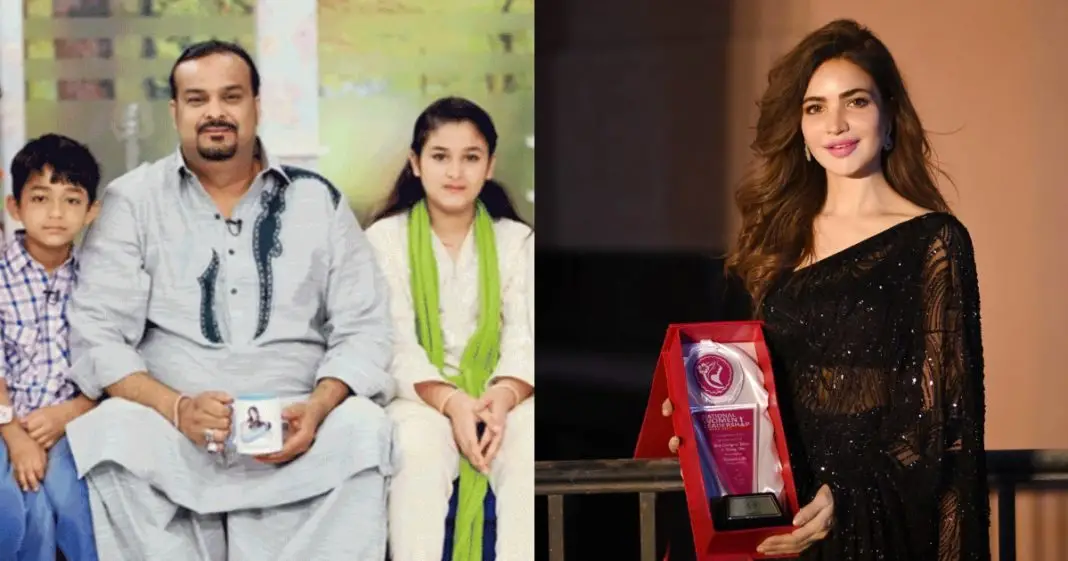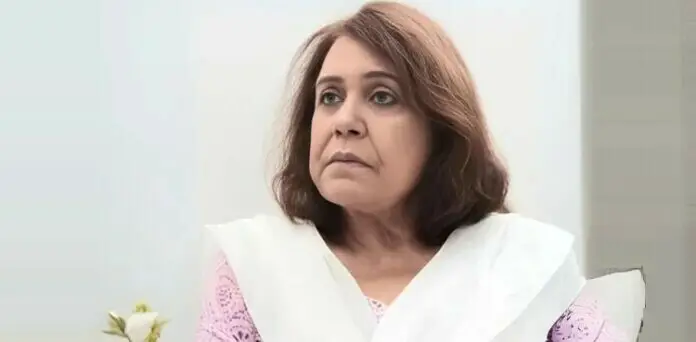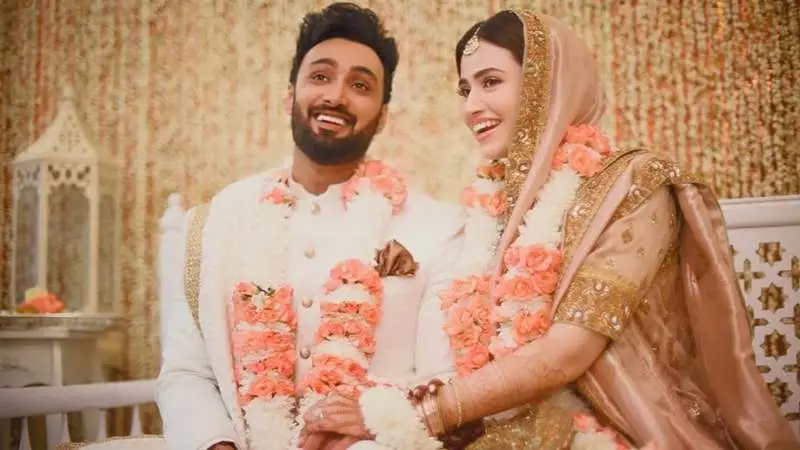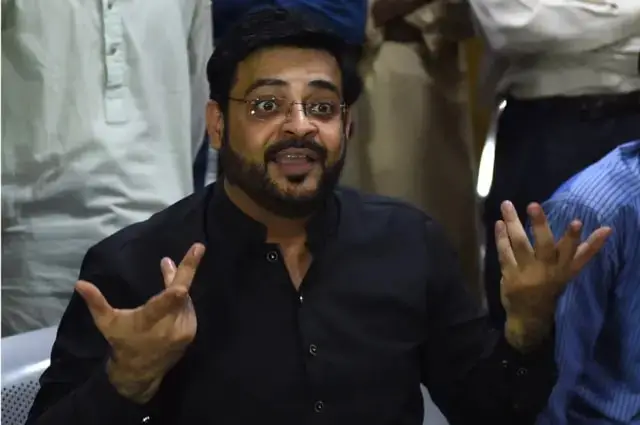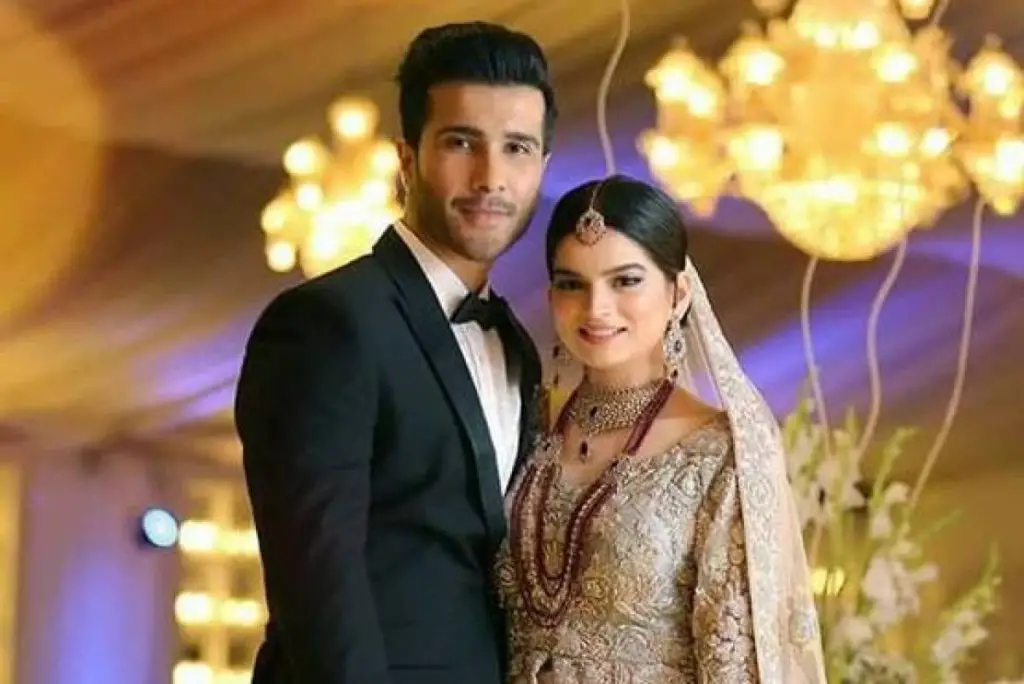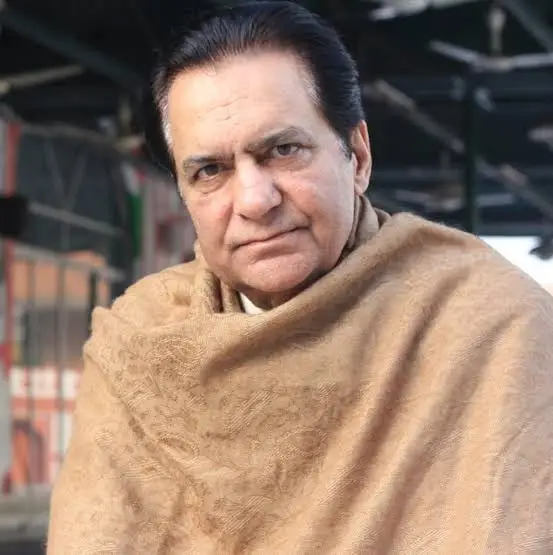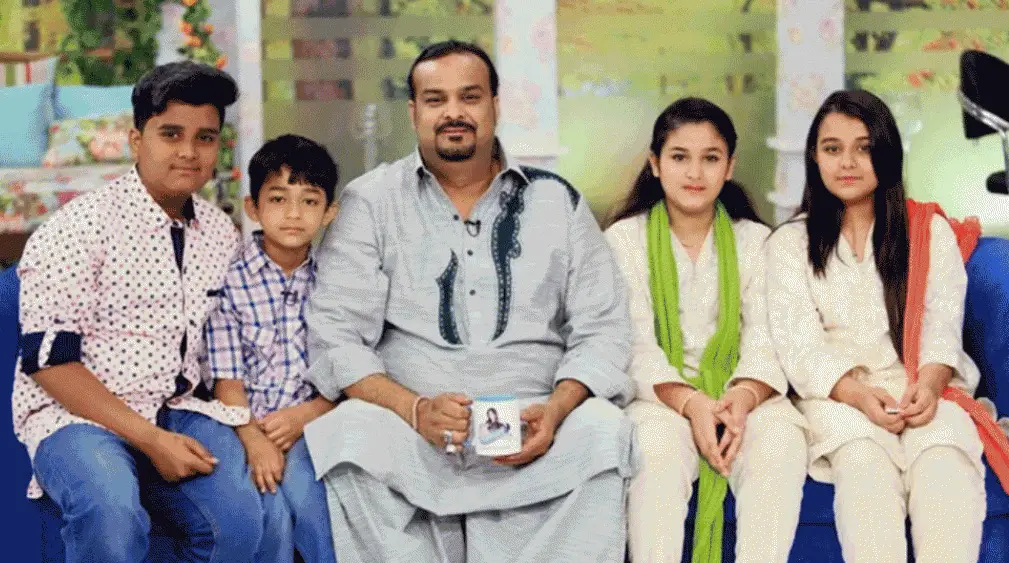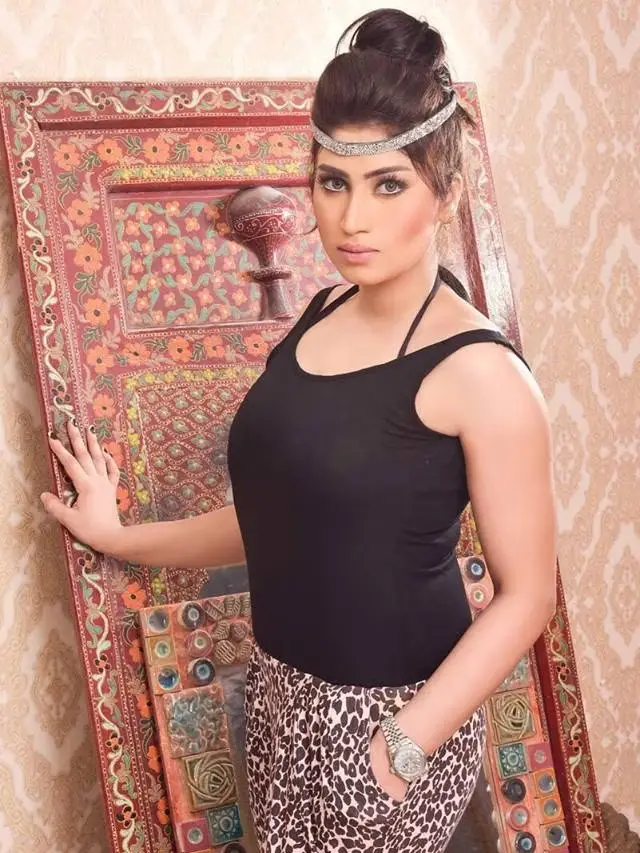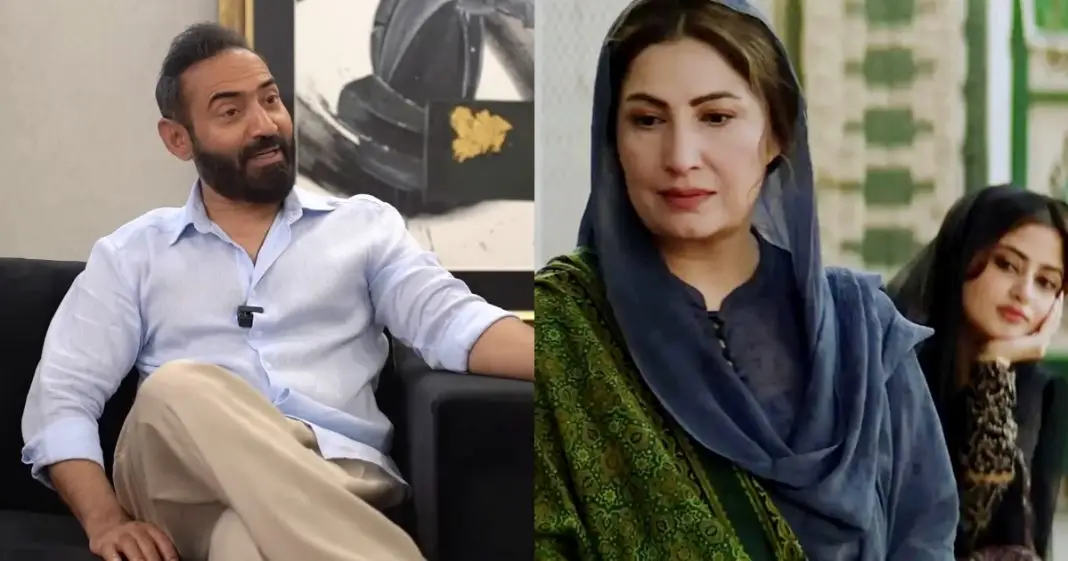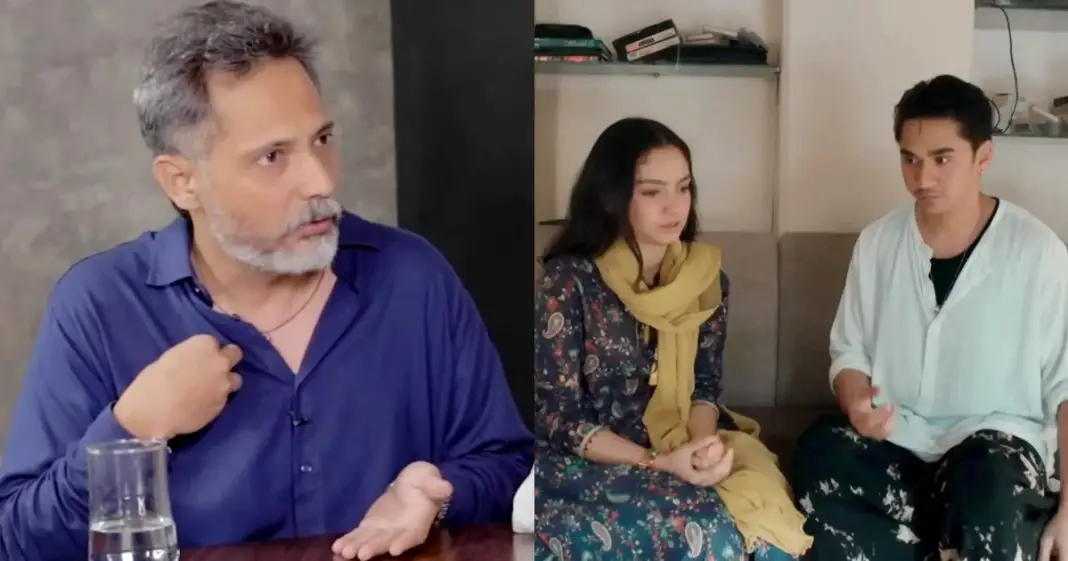Pakistani media have long been entangled in the web of sensationalism. Ever since the rise of private news channels, journalism has steadily transformed into a profit-driven enterprise. With every channel racing for ratings, exclusives, and the coveted “breaking news” label, the competition has often come at the cost of ethics. Unfortunately, this sensationalism isn’t confined to politics, budgets, or elections; it has seeped into the coverage of tragedies and deeply personal losses. News that demands compassion and respect for privacy is instead broadcast with dramatic flair, stripping away the dignity of grief in the pursuit of viewership.
We now live in a digital age, where sensationalism is no longer limited to mainstream media. YouTube channels and other social media platforms have also become key players in amplifying and exploiting tragic news. In recent years, we have witnessed several heartbreaking incidents where the coverage was less about responsible reporting and more about chasing clicks and cashing in on grief. News, in these moments, was not treated as a public service—but as a profit opportunity.
Humaira Asghar Case
Humaira Asghar was an actress and model who started her career in the fashion industry. She was modelling in Lahore initially and later shifted to Karachi to pursue a career in showbiz. She became famous after her stint on the reality TV show Tamasha. Tragedy struck when the actress passed away all alone in her apartment in October last year. Her dead body was lying and decomposing on her apartment floor for the past 8-9 months, when it was recently discovered.
The way the media covered it turned into a circus. The first thing that went wrong was her family’s reaction, as they did not want to accept the body. Moreover, videos of her body were being circulated on social media. It turned into a huge circus, and everyone wanted some views out of it. A case that should have been handled far more sensitively turned into a never-ending media circus.
Ayesha Khan Case
Ayesha Khan was a senior actress of Pakistan. She has served the drama industry for decades. She stopped working in the showbiz due to her advanced age. Very tragic news came out when people found that she had been dead for a week alone in her apartment in Karachi. Her building fellows called on her nephew, who opened the apartment, and her dead body was discovered.
This was huge news, but once again it was handled insensitively. Her past and her children were being scrutinized. People were making videos to call out her family and colleagues. People were asking for details about her dead body and whatnot. The news remained a hot topic for the Pakistani media until the next big thing came along.
Umair Jaswal Divorce
Umair Jaswal is a singer who has made a place in the hearts of millions due to his unique style of songs and music. He became a household name after he sang Sammi Meri War in Coke Studio. He was previously married to actress Sana Javed, and their wedding pictures went viral all over social media. Their separation was never announced, and Sana Javed got married to Shoaib Malik. These new wedding pictures pulled Umair into a controversy that was not his.
Umair Jaswal was being dragged in mainstream Pakistani media and on social media. He was being questioned everywhere. Though the star should have announced his divorce properly, as it became the basic reason for a lot of confusion, but since his ex-partner was the one in the news, it was more of her prerogative to explain the timeline. Umair is now married again and is living a happy life.
Aamir Liaquat Death
Aamir Liaquat was a politician, host, and entertainer who had a career spanning over two decades in the media. His last few years were very turbulent. He married Tuba Anwar and divorced his first wife, Dr Bushra Iqbal. He later got married to TikToker Dania Shah. This is what ended up becoming a huge issue in his life. His private videos were allegedly leaked. He went through another divorce, and he passed away silently amidst the whole controversy. Pakistani media’s role throughout was reckless and inhumane.
The way his death was reported became problematic. Dania Shah was filing cases to stop his burial, and his children wanted to bury him with dignity. Meanwhile media was giving coverage to unnecessary people, making it harder on the family. Even pictures of his dead body were circulated openly, which should have been avoided.
Feroze Khan & Aliza Sultan Children Custody Case
Feroze Khan and Aliza Sultan were married for around three years, and they had two kids from the marriage. It ended in a very public way as the divorce announcement came. The divorce was not just ugly, but combined with the custody battle for the kids, it became a spectacle.
As always, the responsibility ultimately lies with the parties involved, who should have exercised greater caution. Lawyers from both sides continued to share sensitive details openly with the Pakistani media, fueling public speculation. At the same time, the two young children were caught in the middle as they were moved through the family courts while being filmed. Watching so many cameras pointed at their innocent faces was both unsettling and deeply uncomfortable.
Firdous Jamal Interviews
Firdous Jamal is a veteran Pakistani actor who has spent decades contributing to the industry. His body of work is celebrated for powerful performances and compelling storytelling. However, in recent times, he has been in the media spotlight for all the wrong reasons. While he is going through a difficult phase in his personal life, talk shows and media platforms continue to invite him, often asking insensitive questions about his views on the industry and his private matters.
His family was eventually compelled to speak out on social media, requesting the media to refrain from targeting them or prying into their matters, as they were already enduring a great deal of emotional pain.
Amjad Sabri Family
Amjad Sabri is a qawal who has given unforgettable kalams to the world. He was also a very pleasant man, and his positive personality was loved by everyone. It was a shock when he was targeted and killed in Karachi while he was going for a Ramadan transmission. The news shocked the nation, and everyone was in tears. Pakistani media made a tamasha of this tradegy as well.
After Amjad’s death, his family was followed by the media in a very negative way. They were trying to reach his house, his very young children were pushed on the Pakistani media to get TRPs, and it turned into a circus. Amjad Sabri’s son has grown up now, and he revealed how his family had to leave Karachi for a while as they were going through so much scrutiny.
Qandeel Baloch Death
Qandeel Baloch became a symbol of defiance in a conservative society. A bold and outspoken woman, she chose to live life on her own terms, challenging deeply rooted norms through her online presence. While many dismissed her as a social media sensation, Qandeel was, in fact, a reflection of a changing Pakistan—one where women were beginning to demand agency and visibility.
As she rose to fame, she found herself entangled with influential figures, including politicians and religious personalities. Instead of being protected, she was relentlessly mocked, vilified, and targeted by both the media and the public. Ironically, the same Pakistani media outlets that criticized her often capitalized on her interviews and headlines to boost their ratings.
Her tragic death in an honour killing at the hands of her brother sent shockwaves across the nation. It was a brutal reminder of how societal hypocrisy, sensationalist media, and silence from the powerful can together lead to a devastating end. Few had imagined that her life—so full of rebellion and noise—would be silenced so violently.
Even after her death, the scrutiny did not stop. Pakistani media wanted every detail of her life, and it was splashed in the news. An image she had built came shattering down, and a story that was carefully curated became something it shouldn’t have been.
Yes, it is the media’s responsibility to report events as they unfold. Often, the people involved also share part of the blame for mishandling situations and granting unnecessary access to the media. However, in cases of major tragedies, the media has a greater responsibility to exercise restraint. Certain images and videos should not be broadcast, and the emotions and privacy of the families affected must be treated with the utmost respect.
Pakistani media holds immense power in shaping public opinion, but with that power comes responsibility. When handled insensitively, coverage can deepen wounds instead of informing or healing. It is high time the Pakistani media reflects on its role in moments of national grief. Sensationalism must take a back seat, and humanity should lead the headlines.

